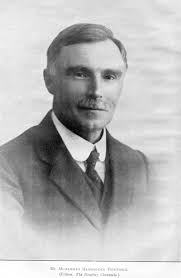
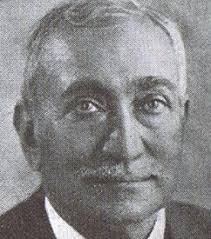
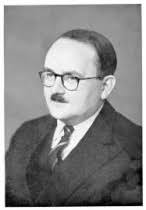
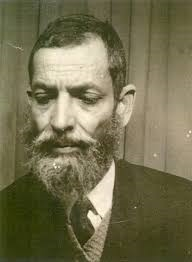
Left to Right: Muhammad Marmaduke Pickthall (1875-1936); Abdullah Yusuf Ali (1872-1953); Arthur John Arberry (1905-1969); Muhammad Hamidullah (1908-2002)
The archives of the East London Mosque contain correspondence with four twentieth century translators and interpreters of the Qur’an.
Pickthall’s letters are from the early 1930s, when he was residing in Hyderabad and employed in the Nizam’s administration, serving both as a trusted personal advisor and also Principal of the Chadarghat High School. By then he had completed his translation of the Qur’an to English, thanks to a 2-year leave of absence granted by the Nizam. The first letter is to Mr. S.M. Anik of the London Mosque Fund (dated 17 February 1931) refers to a fund-raising appeal for a mosque “in the East End”. He noted that such a project would be “a memorial to the late Mr Sayyid Ameer Ali”. In another moving letter written to the same correspondent a year later, Pickthall hoped that the Muslims in need in India were not “as much forgotten as the poor Muslims in the East End of London”. Pickthall was a deeply spiritual individual – one of the oft-repeated phrases in his lectures and writings was ‘Die before you die’ i.e. for man not to be enamoured by the material. Visitors to the Archives can request a viewing of these letters by citing reference CR0002.
Abdullah Yusuf Ali is famous for his commentary of the Quran first published in installments in 1934 in Lahore. Pickthall and Yusuf Ali were well-acquainted, both attending meetings organised by Muslim associations around 1917: for example Pickthall was a speaker at an event chaired by Yusuf Ali, held in January that year to celebrate the birthday of the Prophet, peace be on him (at the Hotel Cecil, a venue oft-used for Muslim events). The Yusuf Ali letters in the archives however are from the early 1940s, the fraught World War II years, when he was in poor health and living at the National Liberal Club, (estranged from his wife, Masuma). There is, for example, a letter written in July 1943 responding to a query from the Jamiat ul Muslimin. The archival references to Professor Arberry are from a similar period, when his advice was sought by a sub-committee set up by the London Mosque Fund to coordinate activities of the East London Mosque and the Islamic Cultural Centre (details in Professor Ansari’s The Making of the East London Mosque, 1910–1951, Camden Fifth Series, 2011). Professor Arberry’s ‘The Koran: Interpreted’ was published in 1955.
Professor Muhammad Hamidullah lived most of his life in Paris and his advice was sought by Sulaiman Jetha in the 1960s, for example on issues such as insurance. The Professor was a towering scholar and historian, responsible for pioneering studies of international relations and statecraft in the early history of Islam and a prolific writer – author of over 150 works! His translation of the Qur’an to French is widely used. He was originally from Hyderabad and fluent in several languages, including Turkish – he visited Istanbul almost annually as a university teacher. Hamidullah was conferred many awards, but famously refused to take the cash from the King Faisal Award in the early 1980s, saying that he would much rather receive his reward in the Hereafter. Further details of his life can be found here http://www.salaam.co.uk/
Jamil Sherif, 23 October 2017

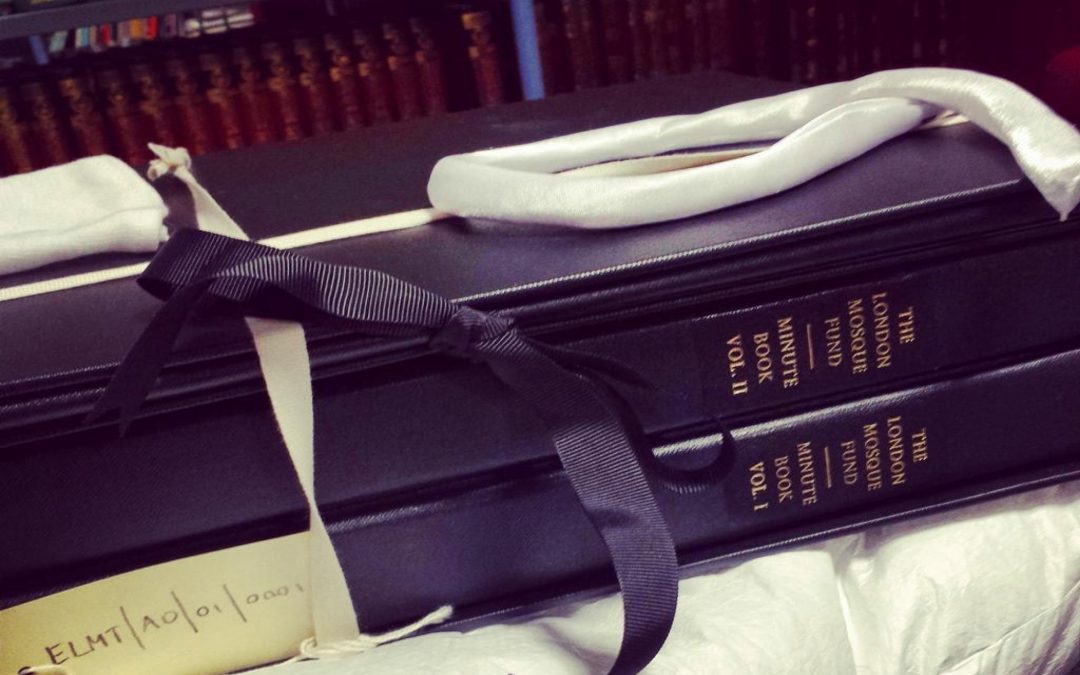
Recent Comments